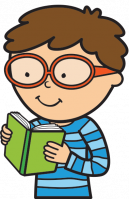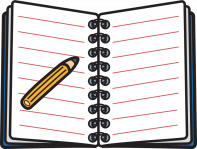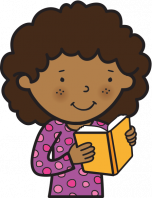Adpative Teaching in Early Years Foundation Stage
Adaptive teaching in EYFS is vital for literacy development. Every child begins their learning journey with different experiences, needs, and strengths. By tailoring approaches, whether through differentiated resources, targeted questioning, or personalised support, it is important to ensure that all children can access early reading and writing successfully.
This responsive practice not only builds strong foundations in phonics, oracy, and comprehension, but also nurtures confidence, curiosity and a love of language from the very start of school life.
Strategies for Using Adaptive Teaching to Support Oracy
1. Observation-Led Planning
- Use ongoing observations to assess each child's communication level
- Adapt group sizes, questioning techniques, and vocabulary based on individual needs.
2. Flexible Grouping
- Group children dynamically based on their oracy needs (e.g. confidence, vocabulary range etc)
- Rotate groups to expose children to varied peer models and speaking opportunities.
3. Scaffolded Talk
- Use sentence starters, visual prompts, and role-play to support less confident speakers
- Gradually reduce support as children become more independent in their speech.
4. Child-Led Learning
- Follow children's interests to spark meaningful conversations
- Encourage storytelling, show-and-tell, and imaginative play to promote expressive language.
5. Language Rich Environment
- Model high-quality language and vary vocabulary
- Use songs, rhymes, and books to immerse children in spoken language.
6. Responsive Questioning
- Use open-ended questions tailored to each child's level
- Allow thinking time and encourage elaboration to deepen responses.
7. Inclusive Communication Approaches
- Incorporate Makaton, visual aids, or communication boards for children with speech and language needs
- Celebrate all forms of communication, including non-verbal cues.
Adaptive Oracy Activities for EYFS
1. Story Circle with Visual Prompts
Activity: Children sit in a circle and take turns adding to a story using picture cards.
Adaptation: Use Makaton signs, objects, or puppets for children with speech or language delays.
Focus: Turn-taking, listening, expressive language.
2. Role Play Corners
Activity: Set up themed areas (e.g., vet clinic, shop, kitchen) where children can act out scenarios.
Adaptation: Provide sentence starters or visual cue cards to support vocabulary.
Focus: Social communication, vocabulary building, confidence.
3. Talking Tins or Voice Recorders
Activity: Children record their thoughts or retell a story
Adaptation: Great for shy children or those with limited verbal skills - allows replay and reflection.
Focus: Expressive language, sequencing, self-assessment.
Discover Mighty Writer for EYFS
Mighty Writer is the perfect introduction to the world of literacy in the Early Years Foundation Stage - from learning sentence structure to grammar, Mighty Writer is suitable for all ability levels.






